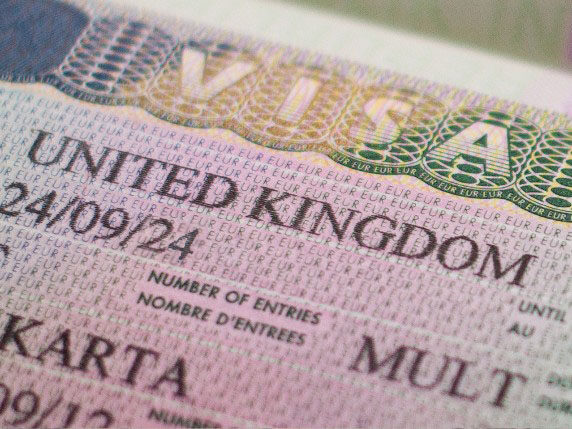The Government has announced a White Paper that will make sweeping changes to the Skilled Worker Visa route and overseas hiring, but what should employers do now to prepare?
What’s changing in the UK immigration system?
The UK Government has published a new white paper outlining sweeping reforms to the immigration system, designed to drastically cut net migration and steer the UK’s workforce towards more highly skilled, homegrown talent.
The changes, which will be phased in over 2025-2026, mark one of the most significant shake-ups to the UK immigration system in recent years and will have far-reaching consequences for businesses across the country.
Skilled Worker Visas – higher thresholds and fewer eligible roles
For employers in sectors like hospitality, health and social care, construction, and even certain tech roles, the headline change is the decision to raise the threshold for Skilled Worker visas. Only jobs that meet RQF Level 6 (equivalent to a UK bachelor’s degree) will qualify. This will disqualify many lower-paid but essential roles from being sponsored, creating a potential recruitment headache for smaller businesses already struggling with labour shortages. At the same time, the Government plans to hike the Immigration Skills Charge by over 30%, adding further cost and complexity for those who do qualify to sponsor workers.
Care sector hit hard by new restrictions
The care sector has been particularly singled out. While care workers have previously been one of the largest cohorts using the Skilled Worker route, the Government will now phase out this option, closing the door to new overseas care staff and forcing employers to find alternatives in the domestic market. This is likely to exacerbate workforce issues for organisations operating in domiciliary care or smaller care homes, who often don’t have the budget or in-house HR support to pivot quickly.
Post-study Work Visas and the long road to settlement
There are also changes to the post-study work visa, which currently allows international graduates to work in the UK for up to two years after their studies. That window will be reduced to 18 months. While this may seem minor, it reduces the time businesses have to assess and integrate graduate hires before sponsoring them under a Skilled Worker Visa. The path to settlement (indefinite leave to remain) will also be lengthened from five to ten years, potentially making the UK a less attractive long-term option for skilled overseas workers.
A silver lining for highly skilled tech talent
For tech firms and start-ups, there may be a small silver lining. The Government has promised to increase routes for high-skilled migration, particularly in science, research and technology. This includes the potential expansion of visa schemes for elite talent and founders. But critics are arguing that this won’t go far enough to compensate for the broader restrictions, especially for employers outside the big cities who rely on mid-level skilled roles and need operational support, not just cutting-edge innovators.
What the reforms mean for recruitment
For employers, this reform package poses a real challenge. Recruiting from overseas will be harder, slower and more expensive. Yet, businesses still need talent to grow. That’s where working with a business immigration lawyer becomes crucial.
How we can help
Our Business Immigration solicitors will help you understand how the new rules will affect your workforce planning, particularly if you currently sponsor overseas workers or are planning to do so. We can audit your current visa use, advise on whether roles will still qualify under the new system, and help forecast future needs. We can also help you to strengthen compliance processes, so your sponsor licence remains protected amid tighter enforcement.
Just as importantly, legal support can help you develop alternative strategies. That might involve revising job descriptions to meet the new thresholds, exploring emerging visa routes, or investing in domestic training schemes. A good lawyer will also keep you informed as these reforms evolve, because if there’s one certainty in UK immigration law, it’s change.
For employers already navigating economic pressures, these reforms will feel like another hurdle. Getting the right legal advice early, you can put a plan in place that protects your business and your people in the long term.







